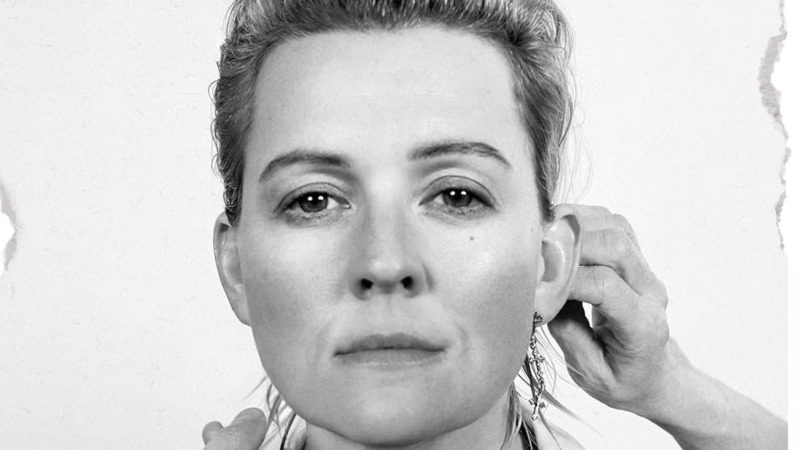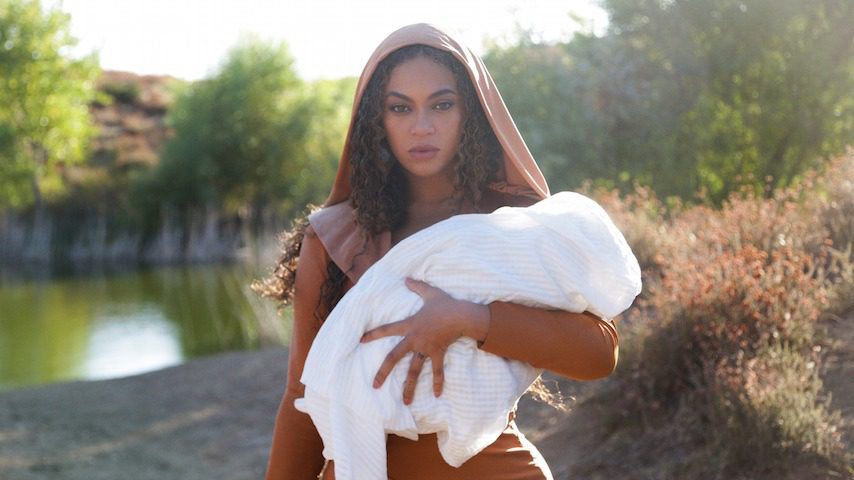The title of Brandi Carlile’s latest record, Returning to Myself, makes an encouraging first impression. What could possibly be bad about reclaiming selfhood? Isn’t that a pop psychology milestone people make guest appearances on daytime talk shows to humble brag about? But Returning to Myself considers the implicit woe of its own declaration: in order to return to oneself, one must first be lost. It’s a common existential crisis that worsens when pop culture primes audiences for inspiration instead of reality checks.
In fairness, Returning to Myself covers its share of triumphs on top of personal travails; it’s a fool’s errand to argue that Carlile indulges in miserabilism on the tracklist. Granted, in 2025, everyone who isn’t ultra-rich, white, or plays a Christian on TV has at least one or fifteen things to feel miserable over. And granted, the last four years of Carlile’s life have, at least going by the broad strokes, been good to her as an organizer, a producer, an advocate, a celebrant of the 2024 “Joni Jams,” a parent, and a partner; if Earth is looking worse for the wear, Carlile is holding strong. But when an individual comes to represent so much for so many people, drifting apart from “self” becomes increasingly likely, not to mention easy.
Loss is loss. If one is lost to addiction or lost in a pattern of decentralized creative work, they are still lost, so Returning to Myself functions as a much-needed course correction for Carlile’s career—a pivot back to her own music. Girls Just Wanna Weekend will keep on weekending; the Looking Out Foundation will, in fact, keep looking out. “There’s no honor in the pilgrimage / Until a soul returns,” Carlile trills on the record’s opener and title track, driving home the importance of fulfilling personal pursuits in between giving to and doing for communities, as she does; no doubt can be cast on her contributions to her industry outside of her discography. At the same time, Carlile has to fill her own cup. If Carlile isn’t making music, then the question should be raised: Who is she?
Returning to Myself makes a sufficient answer well before Carlile’s propelling an aural stream of scorching social commentary through listeners’ earbuds on “Church & State,” where she ratchets up the record’s momentum with one of the year’s great Americana anthems, where an undulating bassline, distorted guitar chords, tambourine on the high hat, and a defiant chorus all give structure for Carlile’s recounting of many Americans’ post-2024 election haze: “And in the days that quickly followed / they began to turn to stone / they couldn’t stand or speak or swallow / they couldn’t get out of bed alone.”
I’m not a betting sort, but I’ll wager Paste’s readers are less than eager to revisit the day they woke up to learn that a tyrant had won himself a second tenure in the land’s highest office. Let Carlile do the heavy lifting for you instead. She doesn’t need separation of church and state to know how to rock. (But also, there’s really supposed to be a separation of church and state.) And she doesn’t need to torture herself for the sake of stabilizing as an artist, either. Returning to Myself does the difficult work of cracking open the soul to let flow Carlile’s vulnerability, sans traces of flagellation; coming back to the studio to lay down new songs following the substantial gap since her 2021 album In These Silent Days, she has a great deal to say, and she says it gently but firmly, with conviction but without forced redress.
The heights of “Church & State,” for instance, are hinted at in “Human,” where Carlile affords herself, her subject, and her audience the gift of grace. “Baby / You’re only gonna hurt your back / Looking down like that / Cut yourself a little more slack,” she sings to kick off the track. “Baby / You’re gonna have a heart attack / And they won’t thank you / They don’t make awards for that.” On one hand, Carlile is an exquisite lyricist; on the other, it’s very easy to imagine one of her friends or colleagues, or her wife, Catherine Shepherd, as the verse’s true source, which would make Carlile a vessel of sorts for the concerns of people who care about her. In turn, that makes her the perfect candidate for relaying the same wisdom back to us, crescendoing in “Human”’s final minute, where the delicacy of her singing and guitar strumming bursts into bright, declarative arena rock—encouragement for allowing ourselves to be imperfect, as all humans are.
The one exception to the rule here is Joni Mitchell, to whom Carlile dedicates an entire track—“Joni,” of course—toward the album’s back half. Joni, in Carlile’s accounting, is a “wild woman,” and cursed to boot, but her “curse” is that “she doesn’t suffer fools”; nor does she “bandage bruised egos.” Returning to Myself finds a shrewd place for the song in its order, where time enough has passed that the motif has sunk in and we appreciate the dots that can be connected between Carlile and Mitchell, who likewise meant a great deal to a great many people and distinguished herself as “more” than just a musician—though Mitchell, of course, is no mere musician. And neither is Carlile. Maybe one day, a member of Americana’s incoming generation will write a song for her just as she has for Mitchell. In the meantime, Returning to Myself succeeds in its task: bringing Carlile into a fresh creative moment where she flourishes. [Lost Highway/Interscope]
Bostonian culture journalist Andy Crump covers the movies, beer, music, and being a dad for way too many outlets, perhaps even yours. He has contributed to Paste since 2013. You can find his collected work at “his personal blog.” He’s composed of roughly 65% craft beer.




